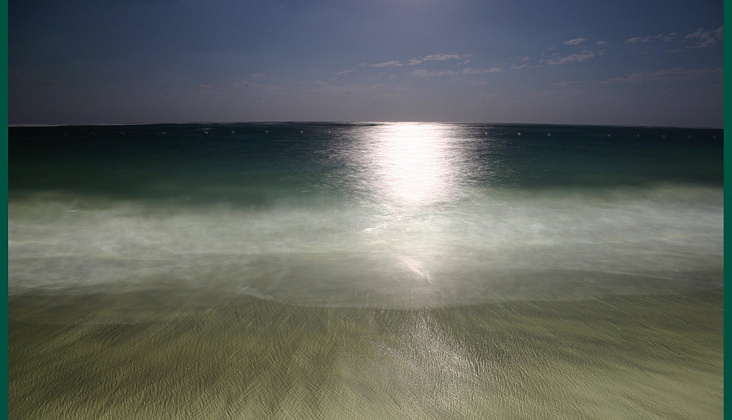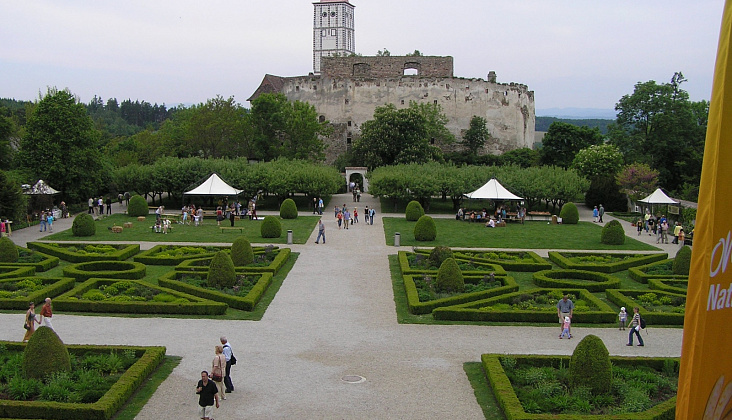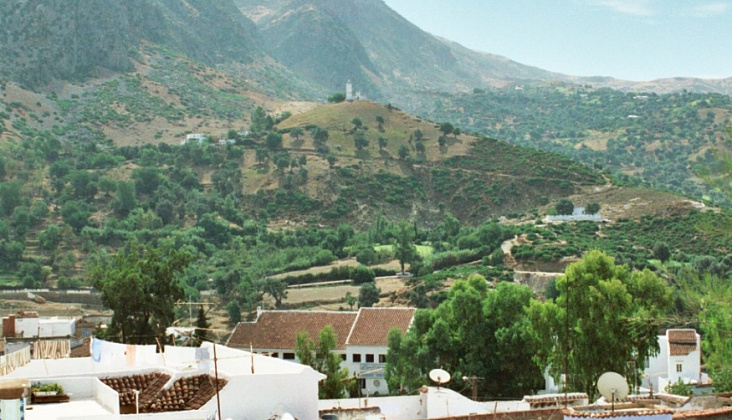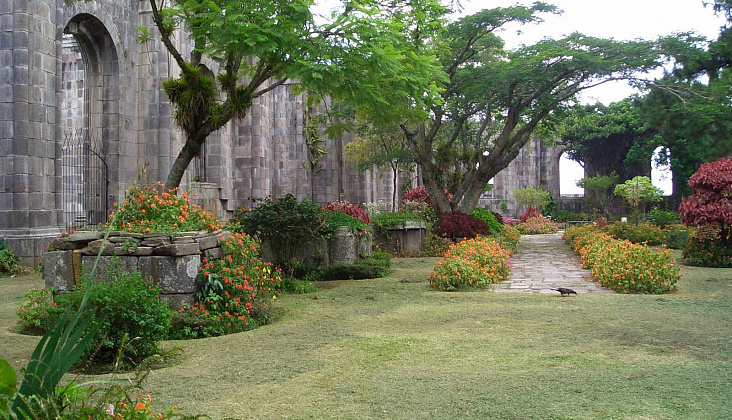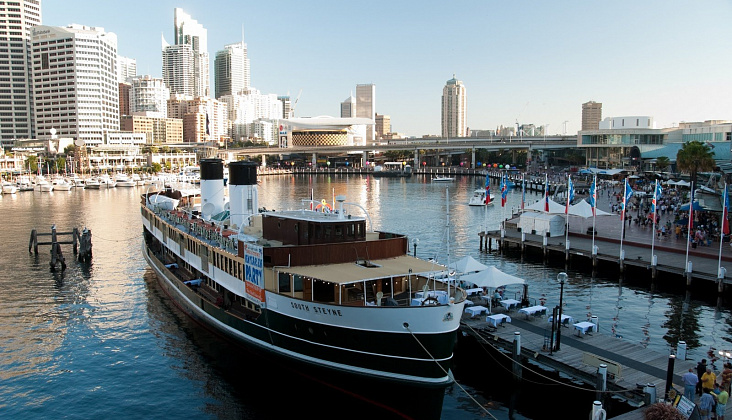Syria – a state in the Middle East
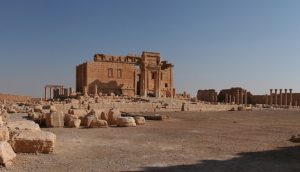 SHOPPING
SHOPPING
Shops are open from Saturday to Thursday from 9:30 to 14:00 and from 16:30 to 21:00. Many private shops operate on their own schedule. Many purchases are well done in the markets, the best of which are in Damascus and Aleppo. In this case, of course, it is recommended to bargain.
In Syria, many valuable items are sold by local artisans from mother of pearl, wood, fabric, leather and silver. Local souvenirs: spices, silver and gold jewelry, wood products, silk scarves, national costumes, olive oil, sheep skins and sweets.
Unlike other countries, “duty free” stores in Syria are located everywhere, and not just at the airport. Any goods purchased in “duty free” must be removed from the country and used only outside of it. The goods in the store are usually packed, marked with the name of the buyer and delivered to the airport for departure of the flight, where they are handed over to the buyer.
SEA AND BEACHES
Along the coast of Lattakia stretch numerous beaches. The swimming season in the local shallow, and therefore well-warmed waters, lasts from May to November. The beaches are sandy, comfortable, well suited for families with children: there are almost no big waves.
STORY
The history of the Syrian civilization dates back, at least, to the fourth millennium BC. Archeologists proved that Syria was the cradle of most ancient civilizations of the world. Already in the years 2400-2500 BC. e. a huge Semitic empire with a center in Ebla stretched from the Red Sea to the Transcaucasus.
Syria for its history fell under the rule of the Egyptians, Canaanites, Arameans, Assyrians, Babylonians, Persians, Greeks, Armenians, Romans, Nabataeans, Byzantines, Arabs and Crusaders, before eventually falling under the rule of the Ottoman Empire. Syria occupies an important place in the history of Christianity – according to the Bible, Paul adopted the Christian faith in Antioch, where the first church was founded.
Islam entrenched in Syria in 636, when Damascus became the capital of the Arab Caliphate under the Umayyad. At this time, the Caliphate was already a powerful state, stretching from the Iberian Peninsula to Central Asia. Damascus became the cultural and economic center of the entire Arab world, already in the VIII century being one of the largest cities in the world. In 750, the Umayyads were overthrown by the Abbasid dynasty, after which the capital of the Caliphate moved to Baghdad.
In the middle of the XIII century, Damascus became the provincial center of the Mamluk Empire. In 1400 Syria was attacked by the Tatar-Mongols. Tamerlane defeated the Mamluk detachments, destroyed Damascus and brought all his wealth to Samarkand.
In 1517 Syria fell under the rule of the Ottoman Empire for several centuries. Shortly after defeat in the First World War, the Ottoman Empire collapsed.
In 1920, the Syrian Arab Kingdom was founded with its center in Damascus. Faisal from the Hashemite dynasty was proclaimed king, later becoming king of Iraq. But the independence of Syria did not last long. Within a few months, the French army occupied Syria, defeating the Syrian troops on July 23 in a battle at the Meisalun pass. In 1922, the League of Nations decided to divide the former Syrian Dominion of Turkey between Britain and France. Britain received Jordan and Palestine, and France received the modern territory of Syria and Lebanon (the so-called “League of Nations mandate”).
In 1936, a treaty was signed between Syria and France, providing for the independence of Syria, but in 1939, France refused to ratify it. In 1940, France itself was occupied by German troops, and Syria came under the control of the Vichy Regime (governor – General Dentz). Nazi Germany, having provoked the rebellion of Prime Minister Geylani in British Iraq, sent its air force units to Syria. In June-July 1941, with the support of British troops, units of Free France (later renamed Fighting France), led by Generals de Gaulle and Katra, entered Syria in a bloody conflict with the troops of Dents. General de Gaulle in his memoirs directly pointed out that the events in Iraq, Syria and Lebanon were directly connected with the German plans for the invasion of the USSR (as well as Greece, Yugoslavia and Crete), since they had the task of diverting Allied forces to secondary theaters of operations .
On September 27, 1941, France granted independence to Syria, leaving its troops on its territory until the end of World War II. January 26, 1945 Syria declared war on Germany and Japan. In April 1946, French troops were evacuated from Syria.
Shukri al-Kuwatli, who fought for the independence of the country during the Ottoman Empire, became president of independent Syria. In 1947, parliament began to operate in Syria. The main political forces were the pro-presidential National Socialist Party of Syria (currently operating only on the territory of Lebanon), the Arab Socialist Renaissance Party and the then Communist Party of Syria that was underground.
